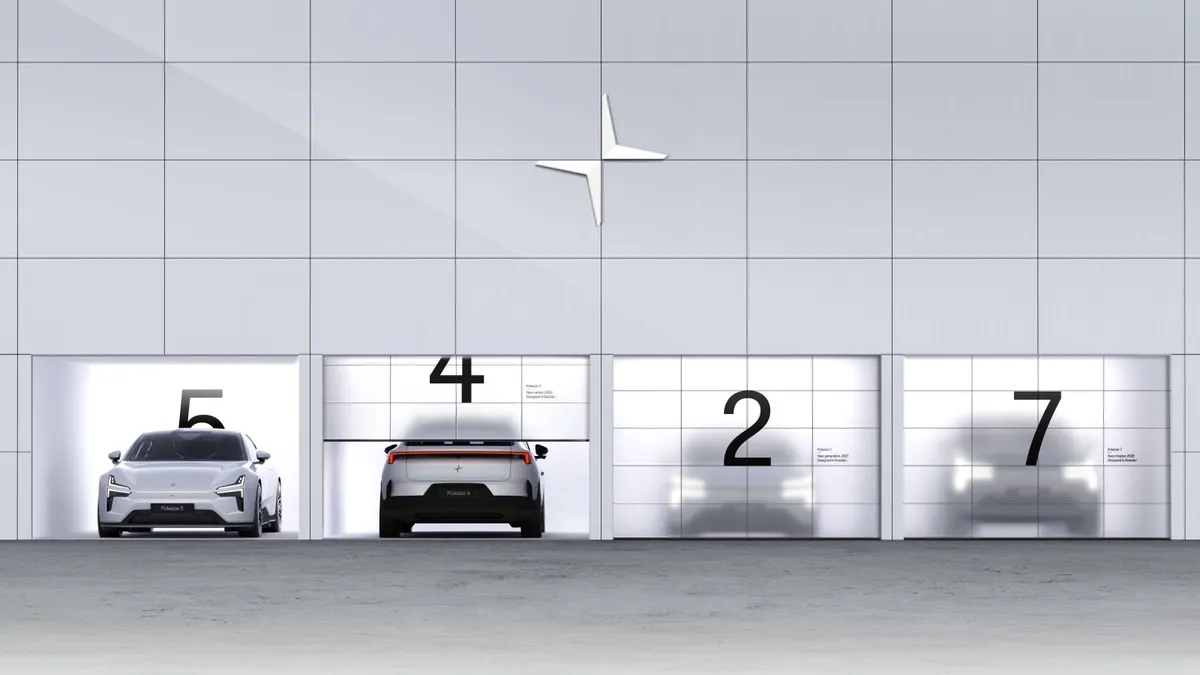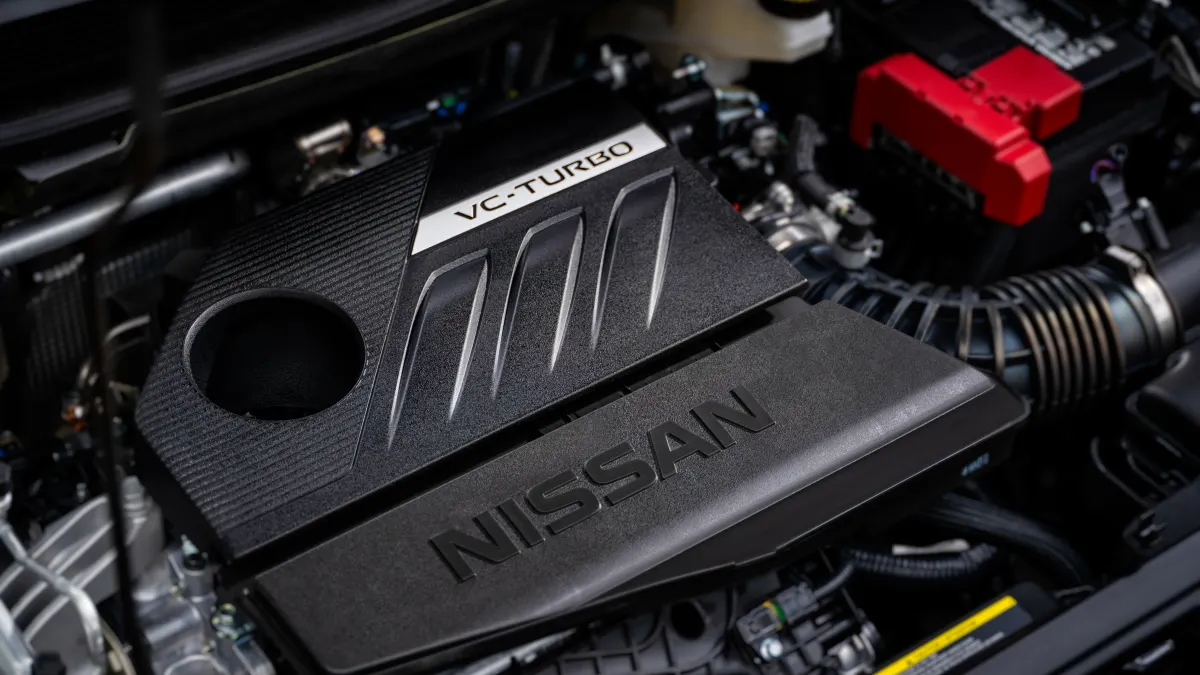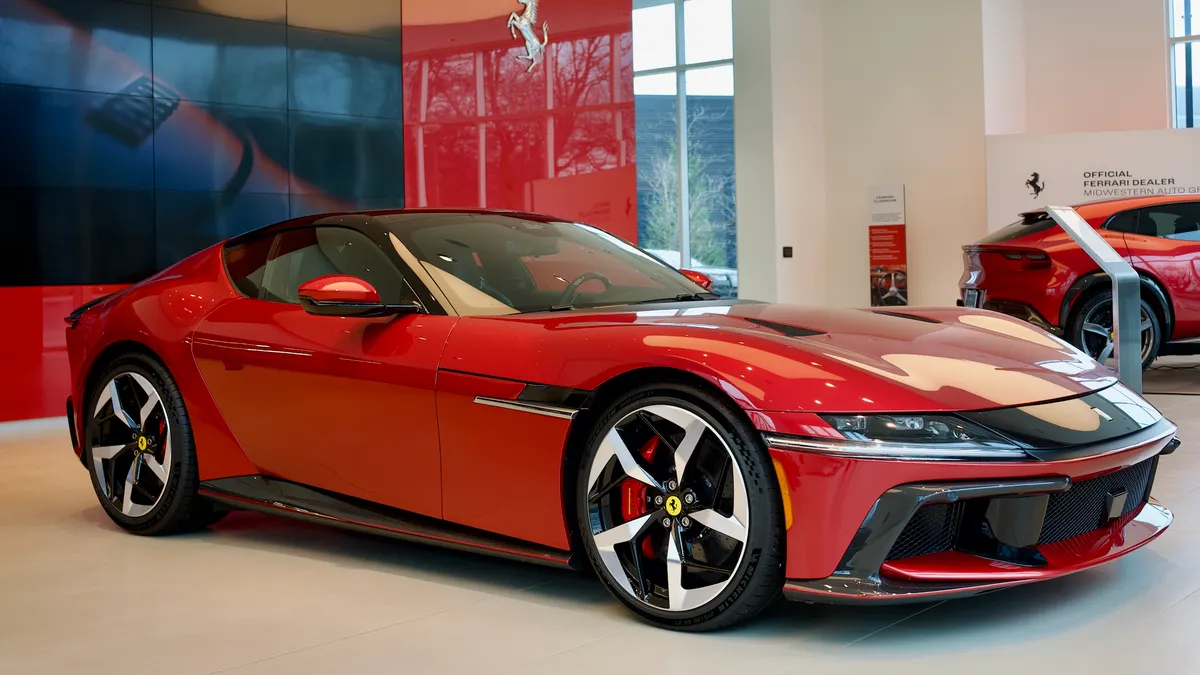With the exception of China, confidence in the automotive industry’s transition to battery-electric vehicles is dropping among industry executives, a survey by KPMG finds.
Around the world, auto executives are less confident that the industry will achieve more profitable growth over the next five years as concern over costs and access to critical materials intensify while the demand for EVs softens amid intense competition, KPMG finds.
The survey finds the share of Japanese executives saying they are “extremely confident” in the success of the EV transition dropped from 32% to 10%, Western European executives’ confidence dropped from 31% to 24% and from 48% to 43% in the U.S., KPMG finds in its 24th annual survey of more than 1,000 executives.
Just a year ago, executives were excited about the prospects for transforming the industry with new kinds of cars, the KPMG report notes. “Now, they remain optimistic, but they are more sober about how difficult it will be to manage the transition and preserve or increase profits.”
According to KPMG, despite a slew of high-profile EV introductions this week during the CES 2024 show in Las Vegas, automakers are hedging their bets when it comes to powertrain technology.
Hybrid technologies, which rely on both batteries and internal-combustion engines, have jumped from fourth to second place overall in technology investments.
Choosing the right technology partners to accelerate development and share risks remains fundamental to automotive strategy, but it is growing more complicated, according to the survey. “Automakers expect tech giants to jump into the auto market. Apple is the number one potential competitor, but the list is long, including Google, Samsung, Baidu, and others,” KPMG notes.
Meanwhile, despite price cuts in 2023, more than two-thirds of OEMs anticipate a 5%-10% price increase in 2024, the survey notes. “However, given recent price declines and the high number of new models, we believe these price increases might be more difficult to achieve than anticipated.”
The KPMG survey finds supplier confidence in EVs dropping from 56% to 23%.
“The reasons for concern are clear. Companies have made huge bets on electric propulsion and are increasingly concerned about near-term headwinds that could postpone the payoff. While a flood of new EV models is coming to market, demand has weakened and some players may come under extreme pressure as competition intensifies,” KPMG notes.
Only in China did executive-level confidence in the EV transition increase, moving from 28% to 36% in the new survey.
The Chinese EV maker BYD has risen quickly to challenge Tesla as the world’s largest maker of electric vehicles. China also has become the world’s largest exporter of finished vehicles, according to new surveys, while the materials for and processing of EV batteries are concentrated in China.
The KPMG survey finds 45% of respondents outside China were very or extremely concerned about access to lithium, cobalt and other battery components.
Fully 78% of OEM executives were very or extremely concerned about lithium supplies compared with 63% in 2023. The view is strikingly different from inside China, where only 28% of Chinese OEMs and suppliers were very or extremely concerned about supplies of lithium and other critical battery components.
“This is likely because China has been setting the supply of these commodities, giving Chinese executives greater confidence in the resilience of their supply chains,” KPMG notes.
Overall, however, executives responding to the KPMG survey seem less concerned about the economy than last year.
The share of U.S. respondents saying they are extremely concerned about the impact of high interest rates, energy prices and inflation fell from 35% in 2022 to 27% in 2023. Among German executives, the share of extremely concerned respondents fell from 30% to 16%.
However, automakers indicate they feel less prepared than the previous year for advanced technologies such as artificial intelligence and advanced robotics. Only 12% of auto executives said they felt extremely well prepared, down from 22% the year before.
The change is likely associated with the rapid advances in artificial intelligence, particularly generative AI, which is expected to bring automation to white-collar jobs. Automakers are going to have to train more workers to take advantage of AI in all its forms. Indeed, automakers will be competing with companies across industries for talent with AI skills.
As noted in a recent KPMG report, “Future of Work,” companies that master AI quickest will have a significant competitive advantage.

















